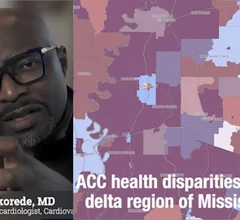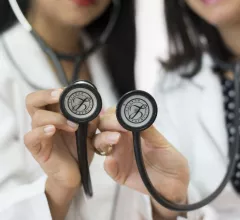Interventional Cardiology
This cardiac subspecialty uses minimally invasive, catheter-based technologies in a cath lab to diagnose and treat coronary artery disease (CAD). The main focus in on percutaneous coronary interventions (PCI) to revascularize patients with CAD that is causing blockages resulting in ischemia or myocardial infarction. PCI mainly consists of angioplasty and implanting stents. Interventional cardiology has greatly expanded in scope over recent years to include a number of transcatheter structural heart interventions.
Displaying 161 - 168 of 2683











![An 86-year-old patient is showing signs of improvement six months after receiving the world’s first implant of a new-look medical device for treating tricuspid regurgitation (TR), according to new data published in JACC: Cardiovascular Interventions.[1] The device in question, the Tricuspid Flow Optimizer, was developed by Triflo Cardiovascular, a U.S.-based biomedical company founded in 2017 by a team of structural heart specialists.](/sites/default/files/styles/240x220/public/2024-04/screen_shot_2024-04-26_at_10.55.10_am.png.webp?itok=ZMT_brpB)
